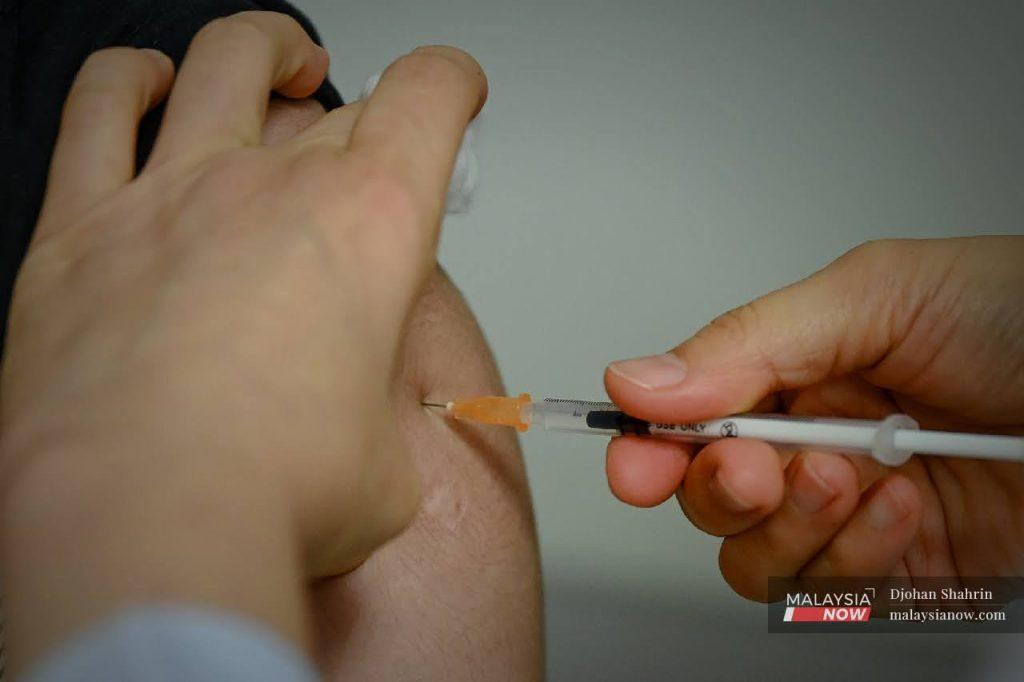World’s biggest vaccine maker in India hopes to export shots by year-end
India had exported nearly 66.4 million doses as donations, under commercial arrangements or via Covax to more than 90 countries before exports were slowed more than a month ago.
Just In
The world’s largest vaccine maker said Tuesday it hopes to resume delivering Covid-19 jabs to Covax and other countries by the end of this year, after India restricted exports to combat a massive rise in infections at home.
The Serum Institute of India has been producing hundreds of millions of doses of the AstraZeneca-Oxford vaccine, with many countries around the world, particularly poorer nations, relying heavily on the company for supplies.
But the Indian government put the brakes on vaccine exports as the nation of 1.3 billion people experienced a new wave of cases that has pushed the healthcare system to breaking point.
“In the past few days, there has been intense discussion on the decision of our government and Indian vaccine manufacturers including SII to export vaccines,” Serum’s chief executive, Adar Poonawalla, said in a statement.
He added that his company had already delivered more than 200 million doses.
“We continue to scale up manufacturing and prioritise India. We also hope to start delivering to Covax and other countries by the end of this year,” Poonawalla said.
India had exported nearly 66.4 million doses as donations, under commercial arrangements or via Covax to more than 90 countries before exports were slowed more than a month ago.
The pause was a blow to vital vaccination programmes in poorer countries under the Covax global inoculation initiative led by the World Health Organization and the Gavi alliance.
Unicef said Monday that rich countries could help bridge the shortfall in doses by sharing 20% of their June, July and August stocks with the Covax scheme.
Subscribe to our newsletter
To be updated with all the latest news and analyses daily.
